Veritas addresses critical data gaps
Our curated data is transparently sourced and easy to access with SOC2 and HITRUST r2 -compliant workflows.
Who We Serve
Our mortality and provider solutions are used by customers across many industries
Healthcare Providers
Identify deceased patients and providers and eliminate wasted (and insensitive) outreach, find appointments that can be cancelled, and improve quality scores and population health modelling.
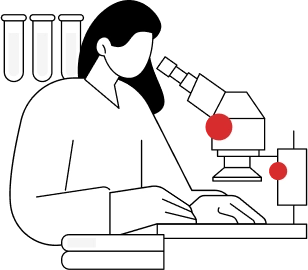
Life Sciences
Easily link to real-world data and inform mortality endpoints, build accurate HEOR studies, flag deceased providers and patients in trials, registries and patient Hubs, and target, track and segment providers and their relationships.
Clinical Registries
Add critical mortality and treatment setting data to your studies to better understand patient journeys and outcomes.
Academic Research
Create more robust research cohorts, better map patient journeys, understand the basis of different treatment patterns and outcomes, and avoid outreach to deceased patients.
Health Plans
Gain awareness of deceased members and providers, create fraud alerts, add critical context to analytics, and hone quality scores.
Marketing and Ad Tech
Eliminate wasted spending and effort on outreach and identify households where a major life event has occurred.
Financial Services
Continuously update fraud detection systems by flagging the newly deceased and identifying customers who are experiencing major life changes and financial disruption.
Life Insurance and Benefits Administration
Heighten the quality and segmentation of risk models with comprehensive and accurate mortality information and identify claim changes quickly to avoid undue interest or overpayments.
Veritas solutions address critical data gaps
Veritas Fact of Death Mortality Index
+0%
Veritas Cause of Death
+0M
Veritas Provider Network and Affiliations Index
+1.0M
Thought Leadership
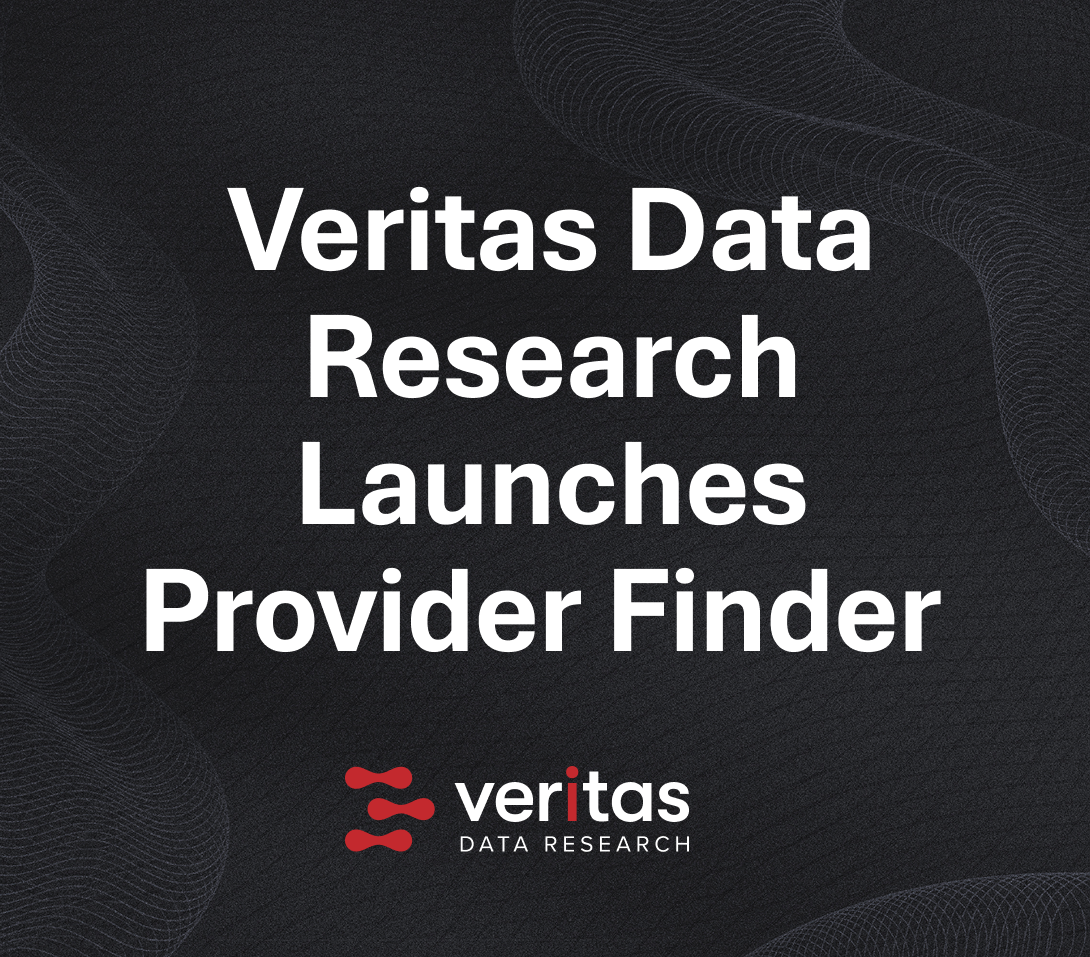
Veritas Data Research Launches Provider Finder
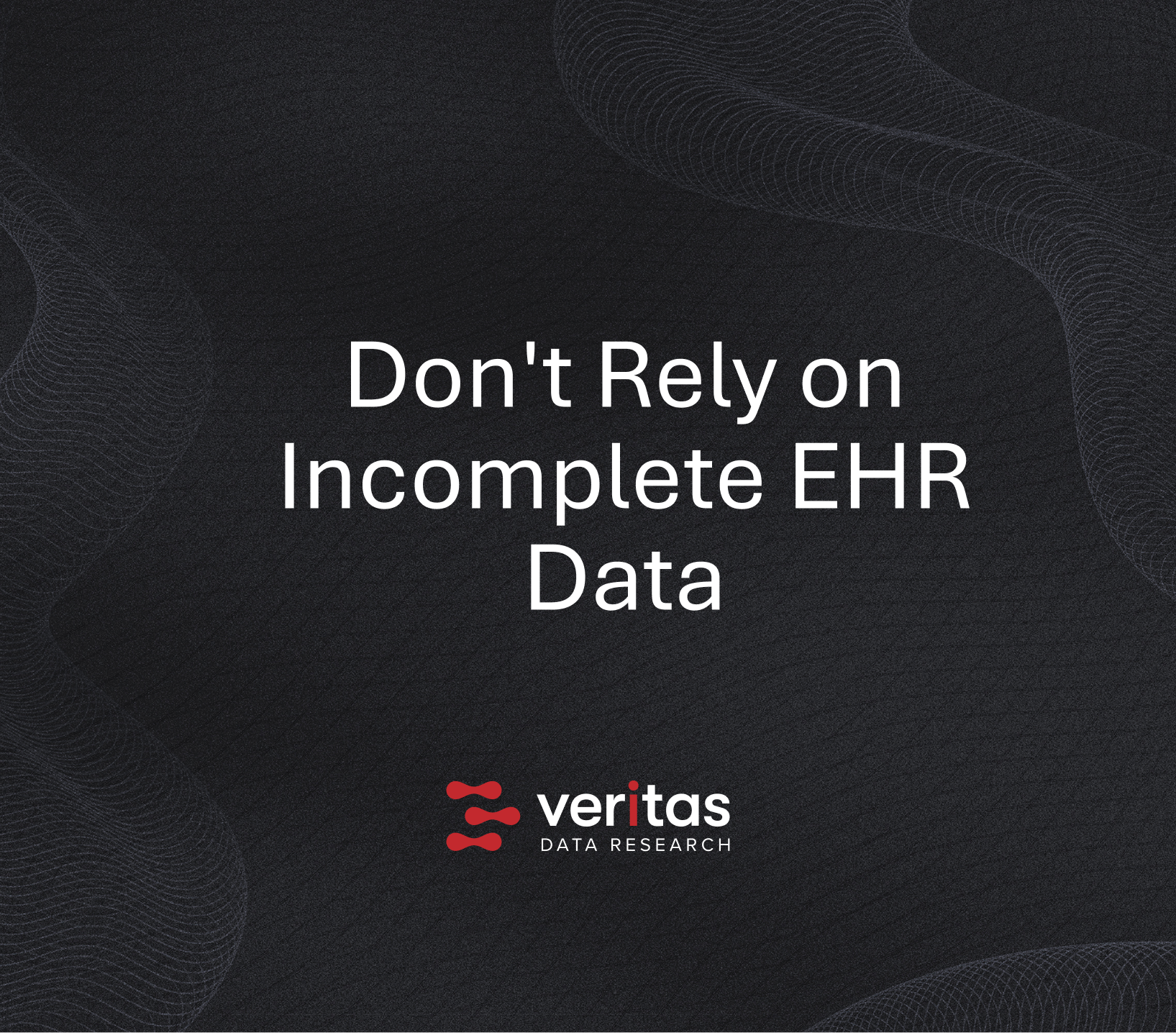
The Incomplete Picture of Mortality within Electronic Health Records
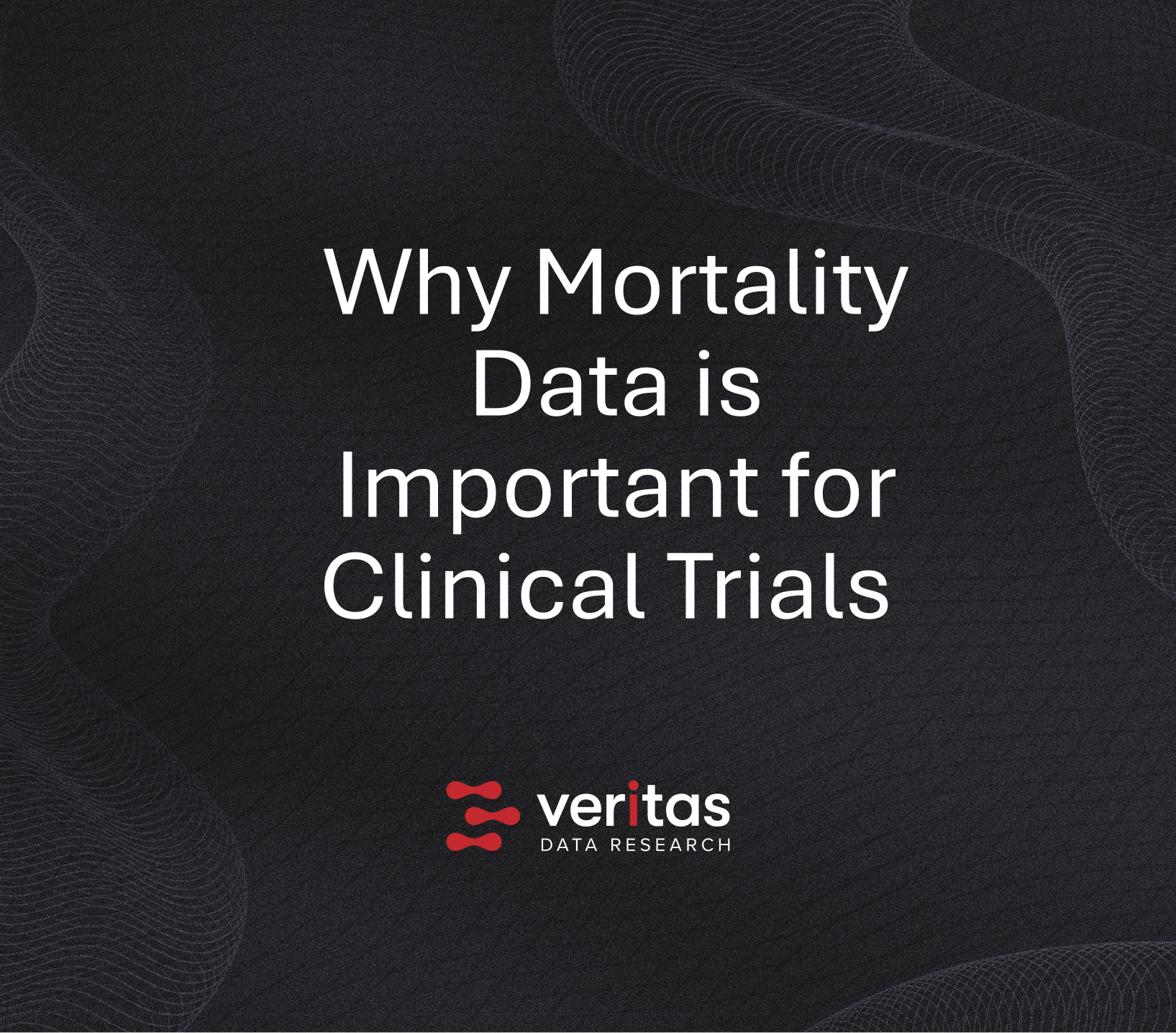
Why Mortality Data is Important for Clinical Trials
What people say
Trials happen for, let's say, 12 to 18 months on average. There are endpoints that will happen way longer after the trial is completed. If you're able to connect mortality data on long term survival to your clinical trial data for that particular patient population and be able to follow those individuals beyond those 18 months, let's say for the next 5 or 10 years, you can really get a full picture of what happened in that study and what happened to that patient population, positive or negative.
Vera Mucaj
Chief Scientific OfficerVeritas data going back to 1900 gives us many more matches not available to us through our California Department of Public Health (CDPH) data feeds. In addition, UCLA has patients that come from all over the U.S. for our specialists’ care. Those that die outside CA would not be included in CDPH data. Veritas, being a national database, allows us to pick up deaths that would not be available to us with CDPH data.
Michael Dudley
Project ManagerMerit Medicine leverages extensive datasets, including Veritas' unique Fact of Death Mortality Index, to enhance predictive analytics and fine tune our advanced analytical tools. The use of Veritas' Mortality Index enriches our models by allowing researchers to identify deceased patients, in order to accurately predict disease burden and total cost of care.
Amit Jiwani
Chief Product OfficerAt Aidentified, we used Veritas’s Fact of Death mortality data to ensure data quality and to power the creation of our new Potential Wealth Transfer Trigger, which is a potential game-changer for our industry. By combining Veritas’s timely mortality insights with Aidentified’s wealth modeling and proprietary relationship mapping capabilities, this service enables our clients to compassionately tailor their products and services to better meet the needs of those they serve.
Stephen Marshall, CFA
Chief Product OfficerCompliance information
Veritas collects, stores, and delivers data through compliant and secure workflows.

Veritas complies with the rigorous HITRUST r2 standards for the handling of protected health information (PHI) on behalf of covered entities and their business associates
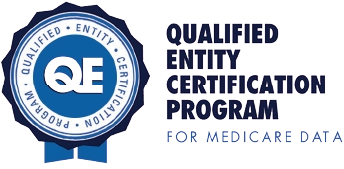
Veritas is a certified qualified entity through the QECP program and is approved by CMS to securely receive and process Medicare claims data
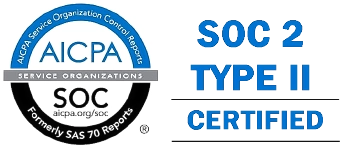
Veritas’ SOC 2 Type II Certification represents robust and effective technical processes and documented procedures for data storage, handling, and disaster recovery
Advantages of working with Veritas

Request More Information
Speak to a Veritas expert to learn how subscribing to our data can make your organization’s operations and analytics more effective.


